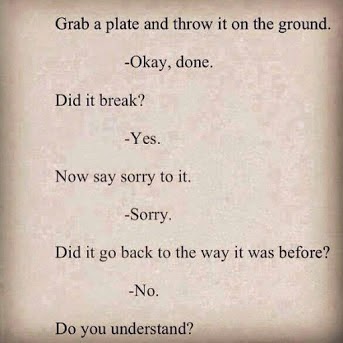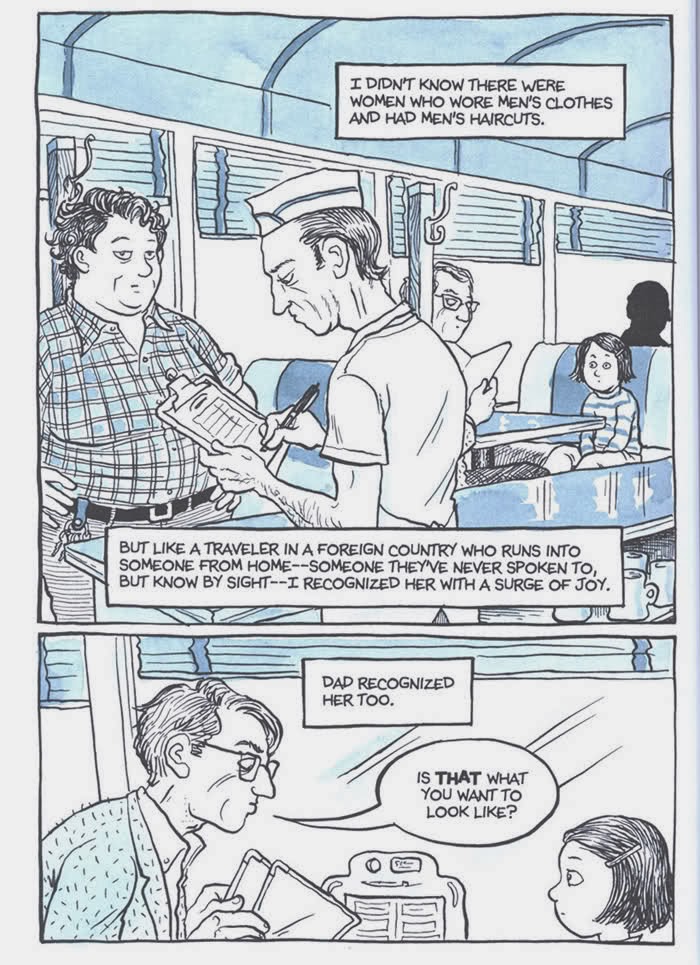The Politics of Remembrance in Northern Ireland

I have been thinking about the Troubles for fifteen years, researching and trying to tell histories of nationalists in Derry, Northern Ireland for ten. As a result, many people have asked me what I think of the the recent news cycle, featuring Sinn Féin's Gerry Adams, murdered Belfast widow Jean McConville and the Police Service of Northern Ireland. My response has been a vague, "I think it's complicated." There has been a rash of whataboutery out there, to which I am loathe to add even a syllable ( -- from Martin McGuinness's comment about the "dark forces" in the PSNI, Northern Ireland's police force to the lachrymose recapitulations of the abduction and murder of McConville, a widowed mother of 10 accused of passing information to the British army whose body was missing until 2003 -- that sounds like "republicans are all evil" masquerading as sympathy for McConville's children.) There has also been intelligent and thou







